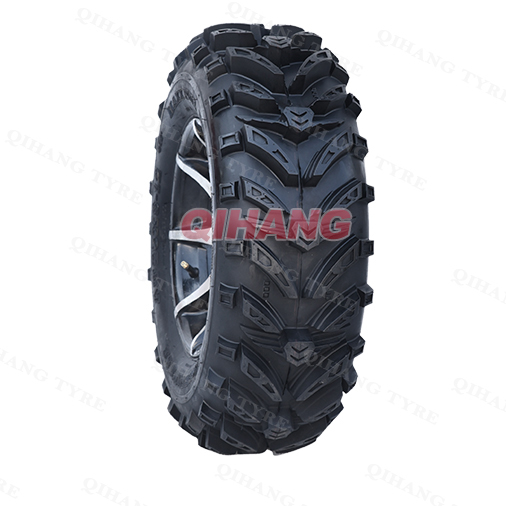The impact of temperature on industrial tires is significant. The following are some clearly summarized precautions:
1. Affect rubber properties:
At temperatures that are too low, rubber may harden, lose elasticity, or reduce ductility, causing the tire's grip to weaken, thereby affecting vehicle handling and safety.
In a high-temperature environment, rubber will become soft and age faster, which may lead to increased tire wear and shortened service life.
2. Vulcanization reaction:
High temperatures will accelerate the vulcanization reaction inside the tire, causing premature hardening and cracking of the tire. The vulcanization reaction is a key step in the tire manufacturing process, but too high a temperature will cause it to overreact and affect the performance of the tire.
The vulcanization reaction rate will slow down at low temperatures, resulting in reduced production efficiency and may also affect the quality stability of the tire.
3. Temperature and air pressure:
Changes in temperature affect the air pressure inside the tire. As the temperature rises, the gas inside the tire expands, causing the tire pressure to rise. Excessive tire pressure increases tire wear and the risk of puncture.
In the hot summer, especially for vehicles driven for a long time under high temperatures, special attention should be paid to checking and appropriately lowering the tire pressure to prevent tire blowout.
4. Seasonal effects:
Seasonal temperature changes have a significant impact on the use of industrial tires. In winter, low temperatures may cause tires to harden, lose elasticity, and reduce handling; while in summer, high temperatures may accelerate tire wear and aging.
Therefore, in different seasons, it is necessary to take appropriate measures to protect tires according to changes in temperature, such as adjusting tire pressure, selecting an appropriate driving speed, etc.
5. Impact on the production process:
For the tire manufacturing process, temperature control is particularly important. The temperature of the production workshop should be controlled within a certain range (generally 20°C ~ 35°C) to ensure the stability of tire production and product quality.
Changes in temperature differences may also cause difficulties in production, such as abnormal operation of equipment and increased probability of worker operating errors.
6. Best operating temperature range:
When industrial tires are used normally, their optimal temperature range should be within the range recommended by the tire manufacturer. Generally speaking, the temperature of tires during normal operation is usually between 90-110 degrees.


